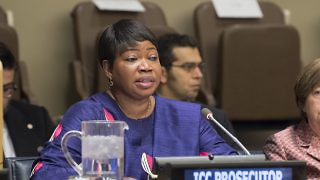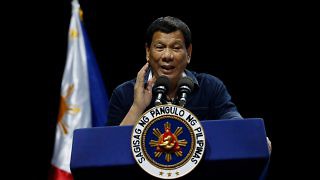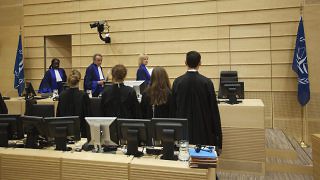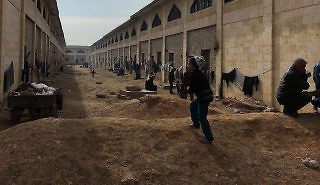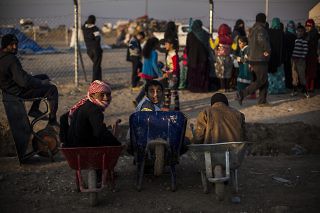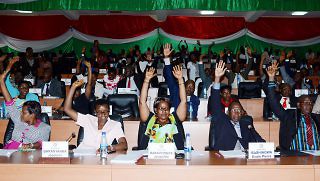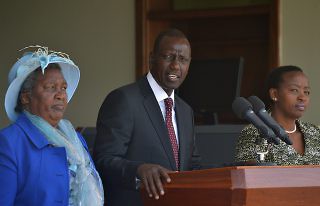An examination of the ways in which the court’s work has been politicized points to what can be done to make it a more effective institution.
Author: Benjamin Duerr
-
-
The withdrawal follows a disconcerting pattern whereby governments under scrutiny for possible crimes leave the ICC to avoid prosecution.
-
The International Criminal Court (ICC) is set to gain jurisdiction over the crime of aggression. For the first time since the end of World War II, world leaders could be held accountable for waging war.
-
While lacking a forum to try perpetrators, international lawyers and prosecutors have continued to gather evidence of war crimes, typically working through non-government organizations.
-
While the legal foundation is being developed, investigators on the ground are already attempting to gather material that could serve as potential evidence in future trials.
-
Since Burundi would be the first country to leave the ICC, it is not completely clear what a withdrawal would mean for the preliminary examination already underway.
-
The prosecution of the high-profile Kenyan politicians was hailed as one of the ICC’s most important endeavors, but became one of its most devastating setbacks.
